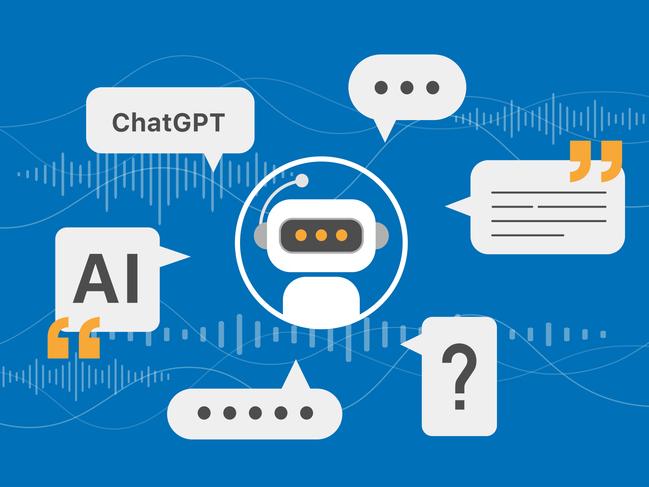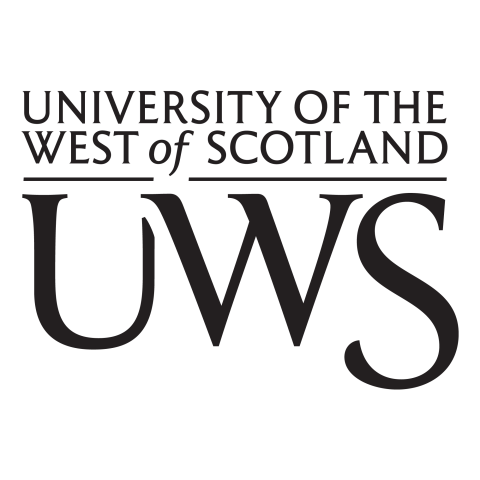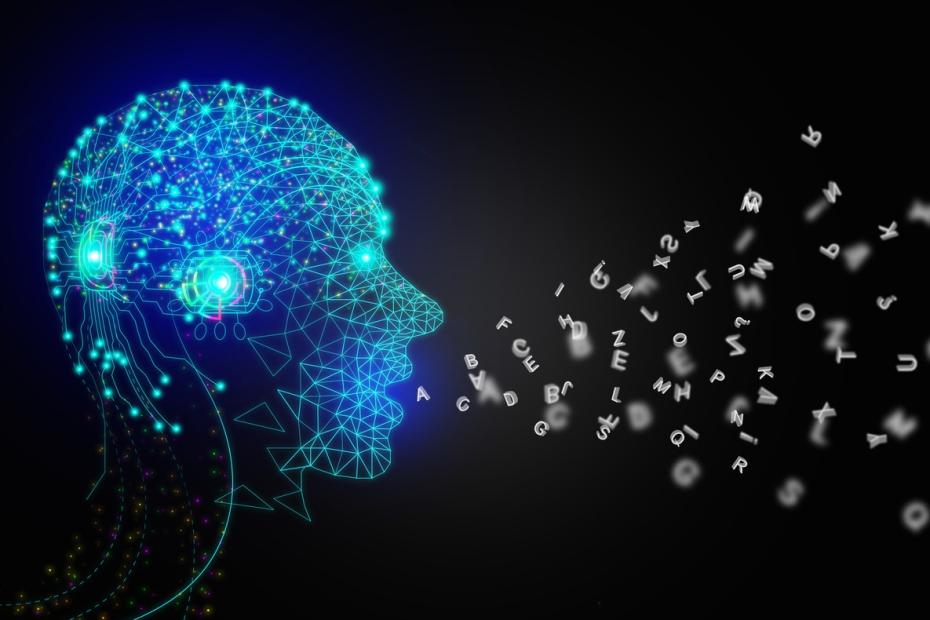
Artificial intelligence – friend or foe? It’s up to academia
Over the last year and a half, there have been staggering steps forward in the world of artificial intelligence (AI).
You’ll be aware of some of them – ChatGPT; DALL·E 2, which generates images, and Whisper, which transcribes speech. Even more recently, we’ve seen Sora – a tool yet to be released to the public, which claims to generate hyper-realistic video footage.
There are definitely positives to generative AI – and we shouldn’t ignore them.
- How students’ GenAI skills and reflection affect assignment instructions
- How can we teach AI literacy skills?
- Transition from expert to guide by embracing generative AI
Right now, it’s being used as a helpful, time-saving tool in many professions. It can quickly build software, create reports and take on time-consuming, tedious duties, freeing up human beings to focus on big-picture tasks.
In education, it is reshaping the way we teach. It provides a new way to keep students engaged and find out information. We have to accept that AI isn’t going away – so it’s important we teach students how to use it correctly.
AI’s effect on society
Despite its benefits, generative AI is not devoid of challenges. It can be misused to create fake content, such as deepfakes, which can spread false information or damage reputations. Since AI can make realistic text, images and videos, it is being used to shake our trust in reality.
There are also very valid concerns about job losses. If AI can be used to generate stock footage and music in seconds, what will that mean for the creative industries? Further to that, if AI is used for this reason, what does that say for the future of creativity?
AI and higher education
However, though we know it’ll have an impact, we are less certain about the extent at this stage. There is one clear certainty – and that’s the role higher education plays in shaping an AI-fuelled world. While we must teach students to use AI wisely, we must also take the debate surrounding AI ethics into the classroom.
From an educator’s perspective, two things strike us immediately. First, how can we foster debates on the morals surrounding AI in the classroom? And second, how do we teach students to recognise it? We believe educators can – and should – design structured discussions where students engage with ethical dilemmas related to AI. This is why we advocate for students to learn about recognising and addressing ethical concerns surrounding AI, while encouraging them to express their opinions and viewpoints.
Equally, the benefits of incorporating case studies and real-world examples highlighting ethical challenges in AI development should not be underestimated. These provide students with concrete scenarios to analyse and discuss further.
Empowering students with the knowledge and skills to recognise and address ethical concerns surrounding AI will always be essential. As educators, our goal is to facilitate this process, preparing students to become ethical leaders and responsible innovators in the field of artificial intelligence. Therefore, we are certain that it fundamentally matters, and we can pursue lines of questioning, such as: what principles should guide these decisions? Who is accountable if AI is misused? This will prompt them to think critically and make crucial decisions.
It’s also important that we help students differentiate the work of AI from the work of people. Research on AI can help tackle concerns surrounding bias, privacy and plagiarism. If our future is to be driven by AI, it’s important that it fits well within our society’s values and standards. Further to this, the higher education sector can help preserve and maintain human creativity – and build the case for the ethical use of AI within industry as well as in wider society.
An uncertain future
The strengths of generative AI indicate that we may have more to gain than we have to lose. We could – very easily – enjoy a future in which tedious, time-consuming tasks are removed from the workplace, freeing up humans to do the work they find fulfilling. In the higher education sector, it could remove time-consuming jobs that hinder research and help make dense academic papers more readable to a general audience – or even to our students.
However, it could also very easily be used to cynically remove human beings from the workplace, sacrificing creativity for profit. It could remove the motivation for students to develop a sense of creativity, thoughtfulness and the ability to think critically. The world will need to create clear, ethical rules and regulations to guide the growth of generative AI, and in higher education, we can help shape this. Many already are – but this is world-changing technology, and this debate must be shaped by every discipline. Very few will be unaffected by it.
The debate surrounding generative AI is complex, and our future depends on how we handle it. Generative AI could be our best friend or our worst enemy. What it comes down to is the decisions we make. As a sector, we must ensure we lead the way in making sure these decisions are correct. All in all, academia holds the unique opportunity to shape not only the technology itself but the responsible generation that will wield its power.
Ibiyemi Omeihe is lecturer in enterprise and Kingsley O. Omeihe is senior lecturer in marketing, both at the University of the West of Scotland.
If you would like advice and insight from academics and university staff delivered direct to your inbox each week, sign up for the Campus newsletter.




